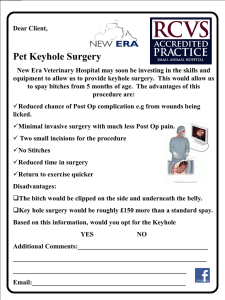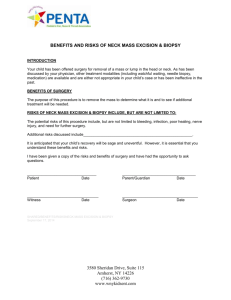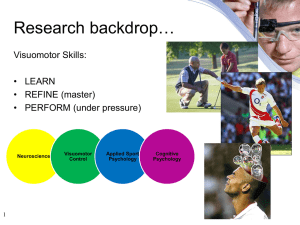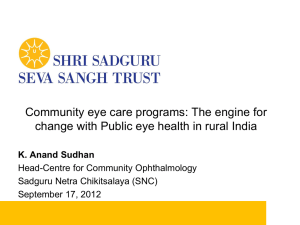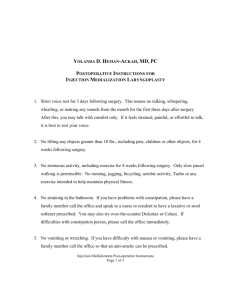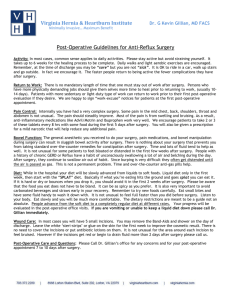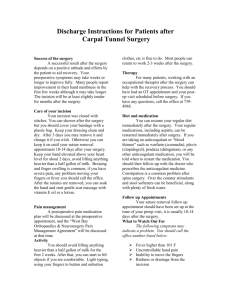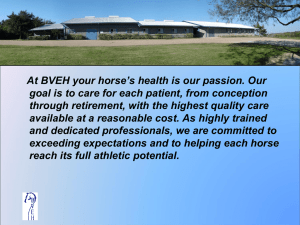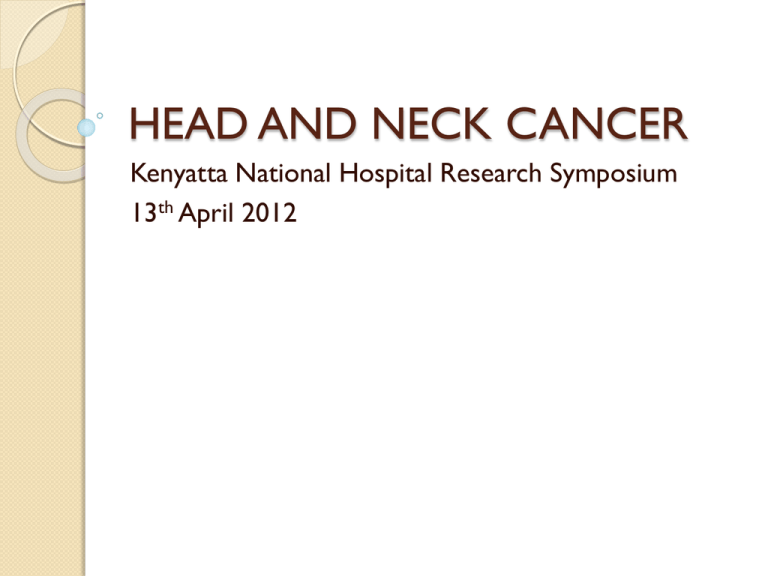
HEAD AND NECK CANCER
Kenyatta National Hospital Research Symposium
13th April 2012
What are they?
Cancers of following anatomical sites:
◦
◦
◦
◦
◦
◦
◦
◦
◦
Oral cavity
Nose & paranasal sinuses
Oropharynx
Hypopharynx
Nasopharynx
Larynx
Cervical oesophagus
Salivary glands
Soft tissues of the neck & ears
The Burden
Very common
Worldwide:
◦ 5% of all newly diagnosed cancer cases
◦ 640,000 cases per year
◦ 35,000 deaths per year
Locally:
◦ No prevalence or incidence figures
◦ Second commonest malignancy reported after
cancer of cervix in 2000-2002
Risk Factors
Smoking and tobacco use
Alcohol consumption
Gastroesophageal reflux disease
Human papillomavirus
EBV
Radiation exposure
Genetic factors
Diet
Environmental pollutants
Socio-economic status
Screening?
No evidence for an effective screening
programme
Calls for stepping up public awareness:
◦ Clinicians
◦ public
Age/Sex distribution
Males more than females
Incidence tends to increase with age
Majority (85%) over 50 yrs in UK
Warning symptoms & signs
Persistent:
◦
◦
◦
◦
◦
◦
◦
Red/white patches in oral cavity
Swelling in neck – usually painless
Ulcer/swelling in oral cavity or oropharynx
Abnormal tooth mobility
Throat discomfort
Hoarseness
Dysphagia/odynophagia
Warning symptoms & signs
Serosanguinous nasal discharge
Unilateral nasal blockage
Unilateral hearing loss
Facial weakness/numbness
Unexplained ear pain
Orbital swellings
Changes in a mole
Work-up
History
Physical examination
Investigations:
◦ Haematological
◦ Radiological:
CT-Scans/MRI
U/S
Plain x-rays
◦ Histological
Staging
Management Considerations
Morbidity
Function
Cosmesis
Quality of life
Voiceless
Cosmesis / QOL
Osteoradionecrosis with
Orocutaneous Fistula
Challenges of HNC
Late presentation/confusing symptoms
Nutritional issues
Airway issues
Availability/affordability of diagnostic
facilities
Compliance
Follow-up
Late Presentation & Nutrition
challenge
Treatment Options
Curative or palliative:
◦ Surgery:
Laser
Endoscopic
open
◦ Radiotherapy:
External beam
brachytherapy
◦ Chemotherapy
◦ Combinations
Multidisciplinary Head & Neck Team
◦ Otolaryngology
◦ Maxillofacial
◦ Plastic &
Reconstruction
◦ Neurosurgery
◦ Cardiothoracic
◦ Anaesthesia
◦
◦
◦
◦
◦
◦
Pathology
Nursing
Radiology
oncology
Counselling
Nutrition
Before surgery
After surgery – Deltocervical flap
Parotid Tumor
Before Surgery
After Surgery - FFF
Ameloblastoma
Before surgery
After surgery - Buccinator flap
Oral Carcinoma
Before Surgery
After Surgery – Pec major flap
Skin Cancer
Intra-operative
After surgery - FRFF
Tongue Cancer
Pre-operative
After surgery – pec major flap
Osteoradionecrosis
Challenges of Management
Waiting time for cancer patients remains
long
Post-operative care of free flaps
Pathology services:
◦ Frozen section
◦ Inadequate reporting on margins, nodal status,
vascular invasion, neural invasion
◦ Delayed reports
Lack of equipment & materials
Post-operative radiation waiting time
The Future
Research
Technology




